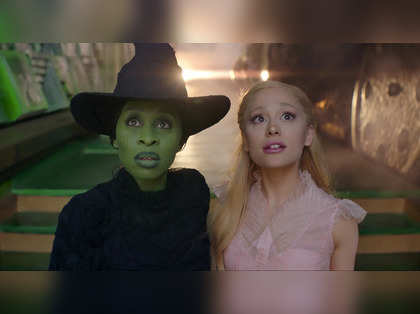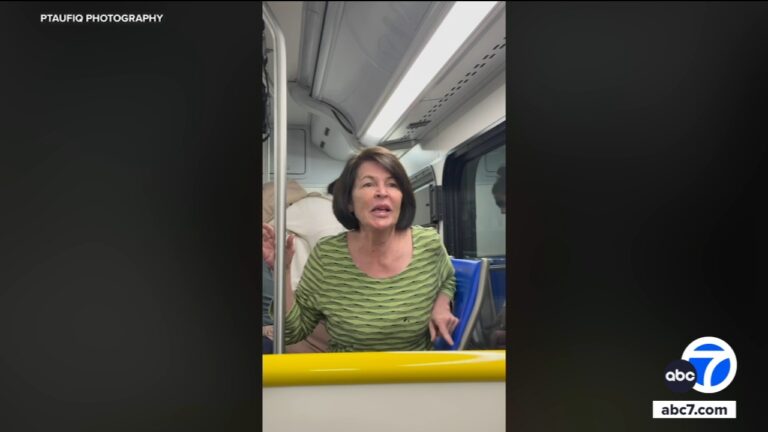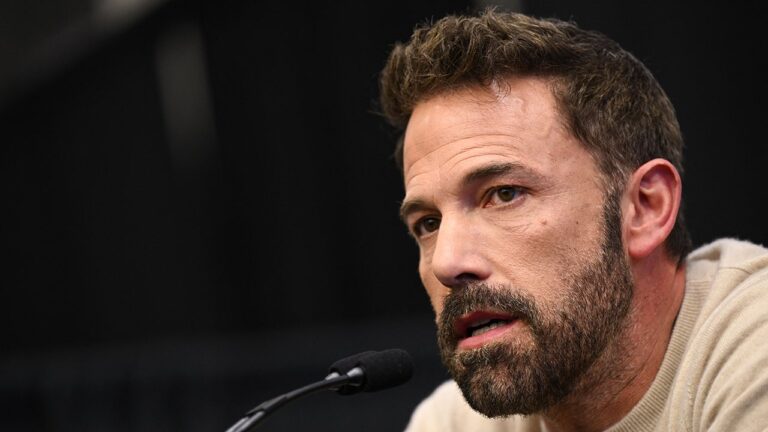Velma Spin-off Series Cancelled After Two Seasons Amid Controversy
Velma Series Canceled After Two Seasons Amid Controversy
When it comes to reimagining beloved cartoon characters, the stakes are incredibly high. Fans have their expectations, and creators face the challenge of staying true to the spirit of the originals while injecting fresh ideas into the mix. This balancing act isn’t easy, and in the case of the Velma series, it seems to have tipped off the tightrope. After two tumultuous seasons, the spin-off has been officially canceled, sparking conversations and debates all around. So, what led to the fall of this once-promising show? Grab your Scooby Snacks, and let’s dive into the chaos!
The Rise and Fall of Velma: A Brief Overview
When the Velma series was first announced, many fans were buzzing with excitement, eager to see a new take on the iconic character from Scooby-Doo. The anticipation was palpable, and it felt like a fitting time to re-explore Velma’s character in a more nuanced setting. After the initial hype, the show made its grand entrance, only to find itself in hot water relatively quickly.
The show, titled simply “Velma,” featured Mindy Kaling as the voice of the titular character. Viewers expected a clever and humorous take on Velma’s life, perhaps exploring her origins or her relationships within the Scooby-Doo universe. However, as the episodes rolled out, it became clear that all wasn’t great in eternally haunted towns and high school halls.
What Went Wrong?
Backlash Over Creative Choices
In fiction, creative choices can be double-edged swords. On the one hand, they can introduce fresh perspectives; on the other, they can alienate core fans. “Velma” faced severe backlash for straying from the beloved character traits that fans had cherished for decades. Some die-hard fans expressed frustration over character reboots that seemed more focused on political satire than enriching the storyline.
Here are some creative choices that didn’t sit well with viewers:
-
Character Redesign: Velma, known for her intelligence and problem-solving skills, was reimagined in ways that left some fans scratching their heads. Purists felt she lost some of her original charm.
-
Lack of Cohesive Narrative: While the series attempted to engage on topics of social relevance, many viewers found the plots disjointed and lacking depth. It became a struggle to keep watching when every episode felt like a jigsaw puzzle missing key pieces.
-
Targeting a Niche Audience: Instead of broadening the appeal to include various demographics—kids, teens, and adults alike—the show seemed aimed at a specific audience that wasn’t representative of the vast Scooby-Doo fanbase.
Mixed Reception and Ratings
As the seasons progressed, ratings began to plummet. The initial excitement waned, and the audience morphed from a buzzing crowd to murmurs of discontent. Critics echoed similar sentiments, pointing out that while the animation was bubbly and vibrant, the substance was lacking. Viewers want both style and substance—kind of like a good pizza that must have quality toppings, crust, and sauce to win customers.
The Impact of Social Media
Social media can act as a powerful amplifier—or a blunt instrument—when it comes to the success of a new show. In Velma’s case, public opinion turned quickly. Memes popped up left and right, poking fun at the series, and hashtags like #CancelVelma began trending. This virtual outburst only fueled the show’s cancellation rumors.
A Learning Moment for Creators
While it’s easy to criticize the decisions made in the series, there’s a valuable lesson here for creators. Viewers hold affection for characters that have shaped their childhoods. Messing with such foundational elements can lead to backlash and disappointment. Instead of trying to reinvent the wheel, perhaps a better approach might’ve been to expand on the existing universe without alienating its core identifiers. In short, why fix what isn’t broken?
Fan Expectations vs. Reality
It’s easy for fans to expect a series to reflect accurately on the characters they’ve grown to love. Velma, after all, has been a stalwart of the Scooby-Doo gang since the very beginning. The disconnect between what fans envisioned and what the Velma series delivered became painfully apparent.
The Importance of Staying True
-
Nostalgia is Powerful: Emotions are powerful motivators. Consider how watching an old favorite show or film can transport you to a different time. When a beloved character is altered significantly, fans might feel betrayed, as if their memories were hijacked.
-
Character Consistency Matters: Maintaining character consistency can be the difference between success and failure. In this case, Velma’s identity felt put through a blender, resulting in a character that many felt was unrecognizable.
Concluding Thoughts: The Future of Velma
As we say goodbye to Velma and her controversial journey, many fans are left pondering what could have been. For those channeling their inner detective, the mystery remains unsolved: how can creators breathe new life into established characters without disappointing their fanbase?
There’s always space for fresh interpretations and ideas; it just requires careful planning and sensitivity to the original material. While this chapter closes, the legacy of Velma and her loveable crew continues to live on through reruns and nostalgic memories. Who knows? Perhaps someday we’ll see another iteration that strikes that perfect balance and enthralls both the old and new audiences alike.
FAQs
-
What were the main criticisms of the Velma series?
- Many fans felt the show strayed too far from Velma’s original characteristics and lacked a cohesive narrative, resulting in a disappointing viewing experience.
-
Who voiced Velma in the series?
- Mindy Kaling lent her voice to the character of Velma, bringing a fresh take to the iconic role.
-
Were there any redeeming qualities in the series?
- Some fans appreciated the animation style and humor, although it fell short in narrative and character development.
-
How did social media affect the perception of the series?
- Social media amplified negative feedback and memes surrounding the show, contributing to its cancellation and altering public perception rapidly.
-
Is there hope for Velma’s return in the future?
- While this specific spin-off has been canceled, it’s always possible that a new producer or writer could reimagine Velma in a way that resonates better with audiences in the future.







